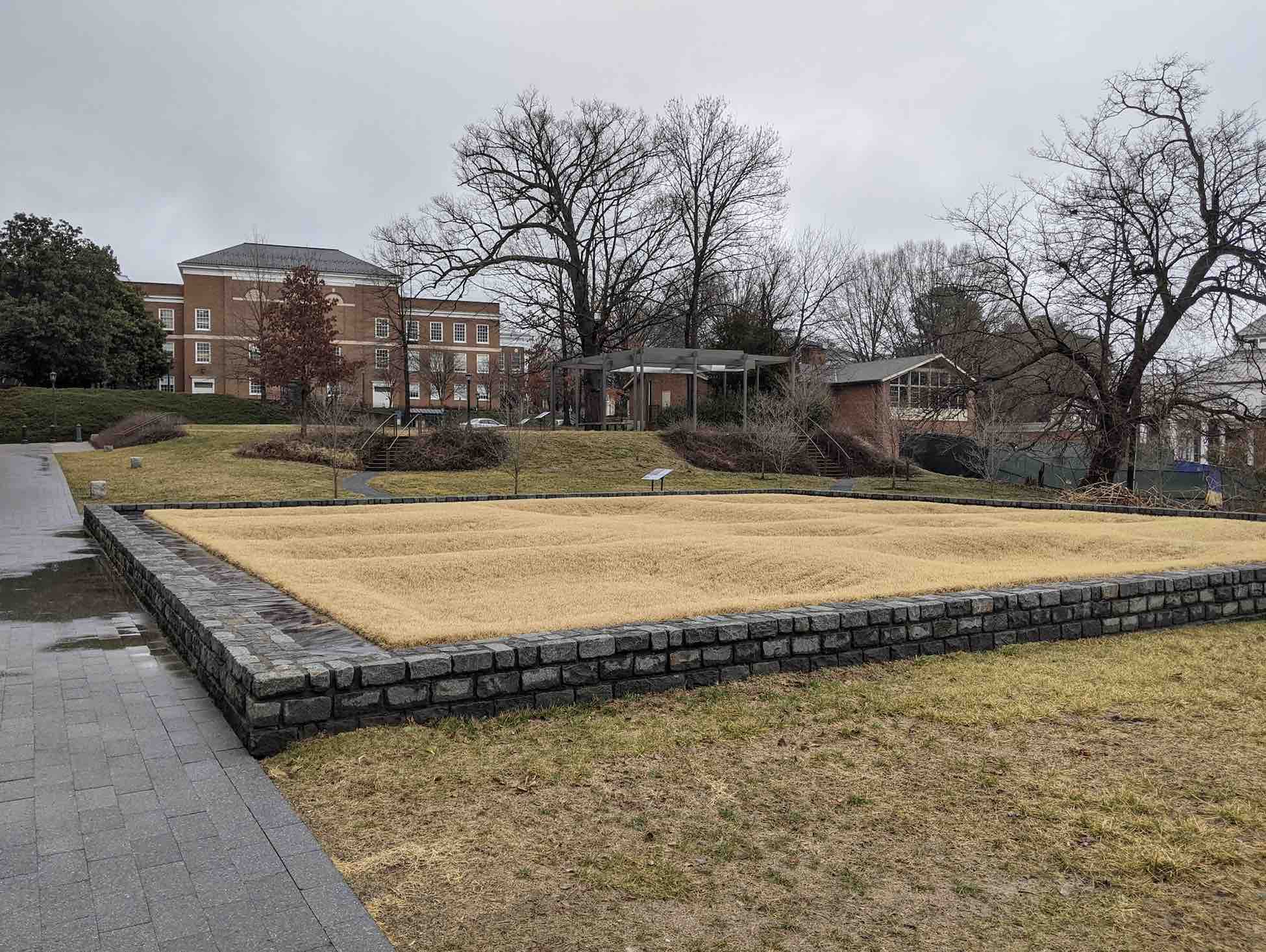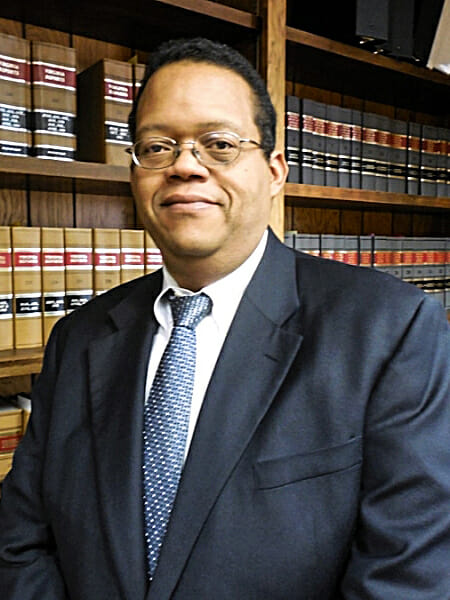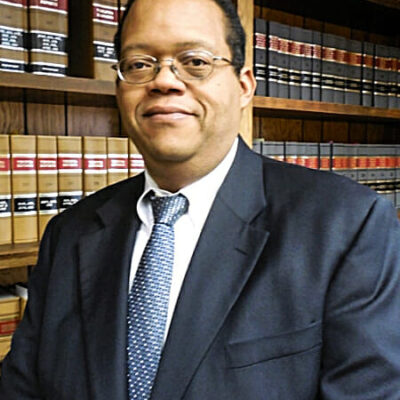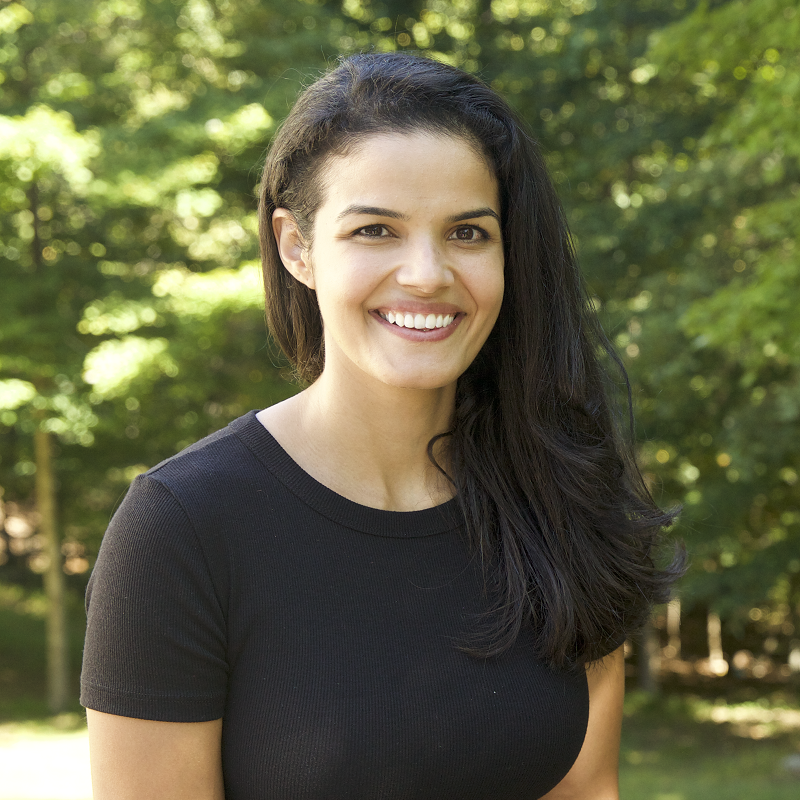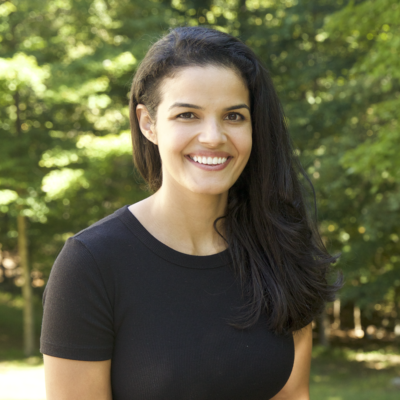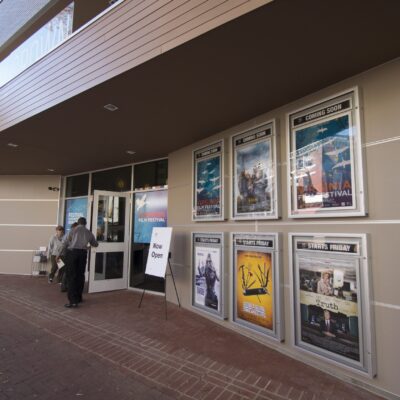As I made my way down Jefferson Park Avenue, I felt a sense of familiarity. Just two years ago, I took the bus this way almost every day, praying I would make it to my classes at the University of Virginia on time. But that familiarity faded to sadness once I arrived at my destination: the Kitty Foster Memorial.
While attending UVA, I learned a bit about the oddly shaped metal structure that symbolizes the former home of Catherine “Kitty” Foster. After being freed from slavery in 1820, Foster purchased two acres of land south of the university in a Black community called Canada. She bought the property in 1833, lived there until 1863, and passed the land down to her descendants. Only now, though, did I realize that Foster, along with 31 other African Americans, was buried in the rolling mounds next to her memorial. For years, I passed their unmarked graves without giving them a second thought.
Foster’s resting place is one of many overlooked facets of local Black history on the Reparations Fun Run/Walk that’s being held during Liberation and Freedom Days, which celebrates the arrival of Union army troops in Charlottesville, and the emancipation of over 14,000 enslaved people on March 3, 1865.
Hosted by the Jefferson School African American Heritage Center, the 9.03-mile race takes participants past more than a dozen Black historical sites, as well as seven Black-owned businesses. The organizers’ goal is to raise $45,000 to support six local Black-led organizations: African American Teaching Fellows, the Jefferson School’s teacher training program, the Albemarle-Charlottesville NAACP’s youth council, Vinegar Hill Magazine’s Black business advertising fund, We Code Too, and 101.3 JAMZ.
“We tried to pick [institutions] that were, number one, led by Black people, number two, engaged in their communities, and number three, advancing the city’s desire for equity,” says Andrea Douglas, the Jefferson School’s executive director. “And wanting to do it in a way that’s significant, so that we’re not just putting on a band-aid.”
Participants can complete the race individually, and on their own time. (No pressure to do all nine miles in one day.) Direct donations can also be made on the event’s website.
But the run/walk is more than a fundraiser—it’s also a crucial step towards repairing the centuries of harm inflicted upon Black people in Charlottesville, explains Douglas
“How do you bring a community to understand it’s full and complete history?” says Douglas. “You cause them to engage with those spaces that tell more of that history than what we have been typically exposed to…[They] describe very much the harm that was created.”
The race begins at the Jefferson School, a Black grade school from 1894 to 1926 that became Charlottesville’s first Black high school until Jackson P. Burley opened in 1951. After the end of Massive Resistance, the school continued as an integrated junior high.
It’s a little tougher for African Americans to get out there, get a loan, get businesses started, and get the clientele to come in.
Angelic Jenkins, owner of Angelic’s Kitchen
Following the route map, which explains the historical significance of each stop, participants pass multiple churches, like Pilgrim Baptist and Mount Zion First African Baptist, safe havens and organizing spaces for the Black community since emancipation. The route also passes two of the few recreational areas Black residents had access to under segregation: Booker T. Washington Park and Benjamin Tonsler Park.
In addition to Foster’s former home, several burial grounds and memorials are part of the route, such as Daughters of Zion Cemetery. Established in 1873 near what is now IX Art Park, it is believed to contain more than 600 graves, including important Black Charlottesville leaders like Tonsler. Just a short walk across the Downtown Mall, the Court Square auction block—which has yet to be replaced by the city, after a white resident threw the original sidewalk plaque into the James River last year—memorializes thousands of enslaved people bought and sold there.
Walkers and runners are encouraged to support the route’s Black-owned restaurants, which are all located in (or nearby) historically Black neighborhoods: Royalty Eats, Mel’s Cafe, Pearl Island Catering, Marie Bette Cafe & Bakery, and Angelic’s Kitchen.
After operating a food truck for two years, Charlottesville native Angelic Jenkins, owner of soul-food eatery Angelic’s Kitchen, opened her first brick and mortar space inside Dairy Market in December. When she found out her new location would be a part of the reparations race, she was proud and honored.
“It’s a little tougher for African Americans to get out there, get a loan, get businesses started, and get the clientele to come in,” says Jenkins, who is known for her fried fish made with a signature seafood breading.
Now more than ever, Jenkins says it’s important to uplift Black-owned businesses.
“In order for us to be successful and grow, we need support,” she says. “We don’t have enough minority-owned businesses around here, and if the younger generation sees that we are continuing to grow, [hopefully] they’re going to say if that person can do it, I can do it too.”
The Liberation and Freedom Days Reparations Run/Walk ends March 6.
